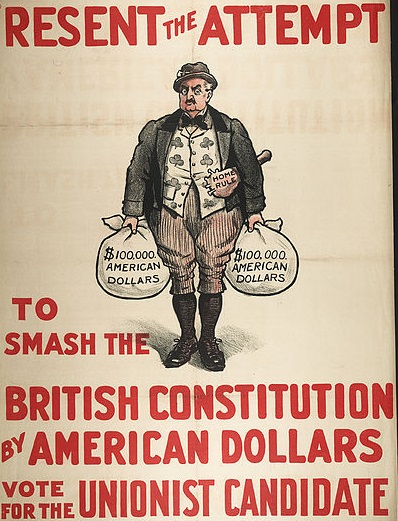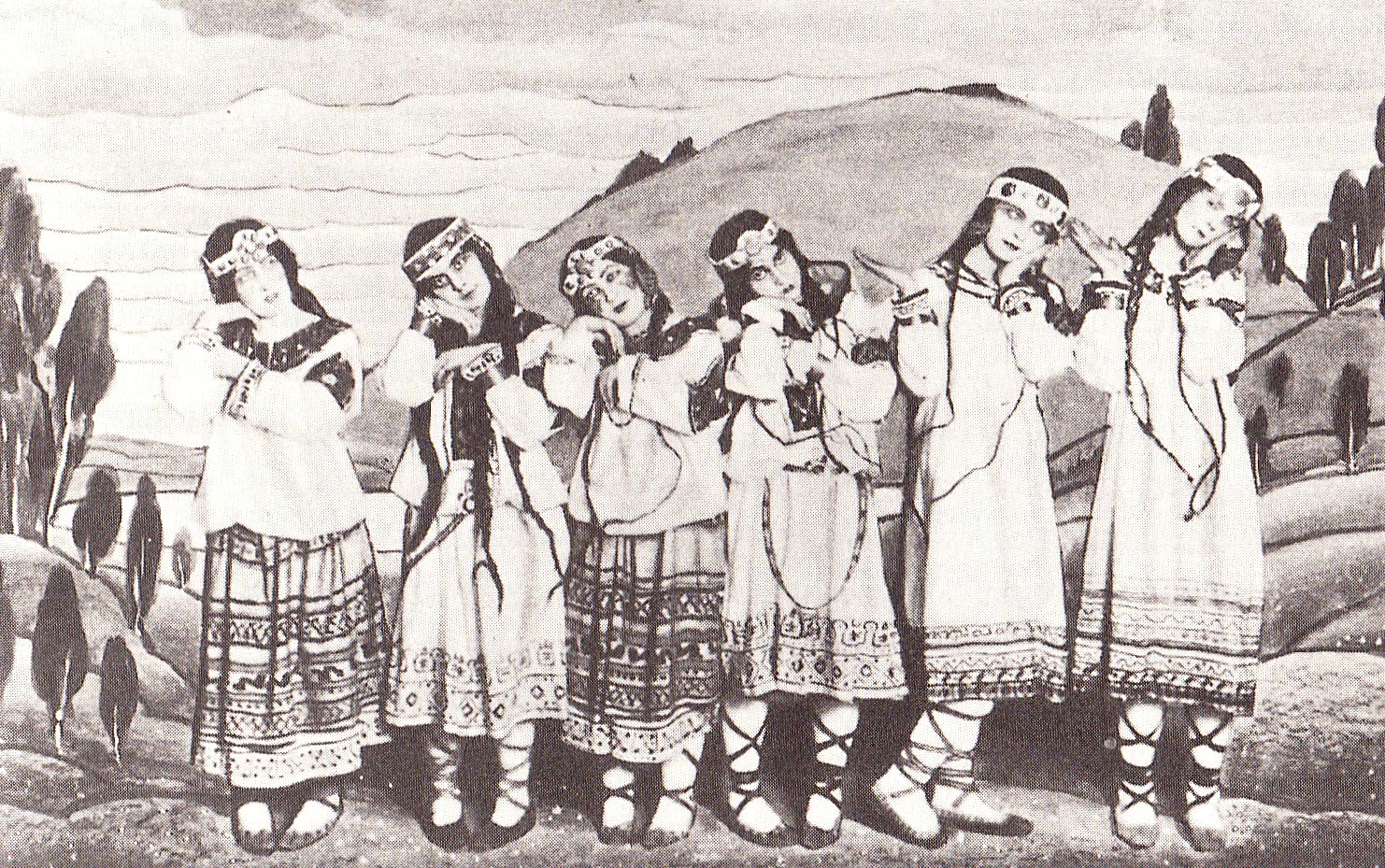|
1913 East Antrim By-election
The 1913 East Antrim by-election was held on 19 February 1913. The by-election was held due to the death of the incumbent Irish Unionist MP, James McCalmont. It was won by the Irish Unionist candidate Robert McCalmont Brigadier-General Sir Robert Chaine Alexander McCalmont (29 August 1881 – 4 November 1953) was a Northern Irish unionist politician and British Army officer. Macalmont was born in Merrion Square East in Dublin, the son of Colonel and MP Ja ..., who was unopposed. Result References External links A Vision Of Britain Through Time 1913 elections in Ireland 1913 elections in the United Kingdom By-elections to the Parliament of the United Kingdom in County Antrim constituencies Unopposed by-elections to the Parliament of the United Kingdom in Irish constituencies 20th century in County Antrim {{Ireland-UK-Parl-by-election-stub ... [...More Info...] [...Related Items...] OR: [Wikipedia] [Google] [Baidu] |
East Antrim (UK Parliament Constituency)
East Antrim is a parliamentary constituency in the United Kingdom House of Commons. The current MP is Sammy Wilson of the DUP. A constituency with identical boundaries is also used for elections to the Northern Ireland Assembly. Constituency profile The seat covers the east coast from Cushendall down to Carrickfergus. The seat is strongly unionist and one of the few areas of Northern Ireland which voted to leave the European Union. Boundaries The original county constituency comprised the eastern part of County Antrim, being carved out of the former Antrim constituency. From 1885, East Antrim consisted of the baronies of Belfast Lower and Glenarm Upper, that part of the barony of Antrim Upper not in the constituency of South Antrim, that part of the barony of Antrim Lower not in the constituency of Mid Antrim, that part of the barony of Belfast Upper consisting of the parish of Ballymartin and the parish of Templepatrick apart from the townland of Ballyutoag, and ... [...More Info...] [...Related Items...] OR: [Wikipedia] [Google] [Baidu] |
Irish Unionist Party
The Irish Unionist Alliance (IUA), also known as the Irish Unionist Party, Irish Unionists or simply the Unionists, was a unionist political party founded in Ireland in 1891 from a merger of the Irish Conservative Party and the Irish Loyal and Patriotic Union to oppose plans for home rule for Ireland within the United Kingdom of Great Britain and Ireland. The party was led for much of its existence by Colonel Edward James Saunderson and later by William St John Brodrick, Earl of Midleton. In total, eighty-six members of the House of Lords affiliated themselves with the Irish Unionist Alliance, although its broader membership was relatively small. The party aligned itself closely with the Conservative Party and Liberal Unionists to campaign to prevent the passage of a new Home Rule Bill. Its MPs took the Conservative whip at Westminster, and its members were often described as 'Conservatives' or 'Conservative Unionists', even though much of its support came from former Liberal vo ... [...More Info...] [...Related Items...] OR: [Wikipedia] [Google] [Baidu] |
James McCalmont
Colonel James Martin McCalmont (23 May 1847 – 2 February 1913) was a British Army officer and Conservative, later Irish Unionist, politician. Early life and education McCalmont was born in May 1847, second and final son of James McCalmont (1819–1849), JP, DL for County Antrim, and his wife Emily Anne Martin (1827–1901). His older brother was Major-General Sir Hugh McCalmont, Member of Parliament for North Antrim from 1895 to 1899. Both he and his brother were educated at Eton College. Military career After leaving Eton, McCalmont joined the 8th Hussars as a Cornet in 1866. He was promoted to Lieutenant in 1869, then Captain in 1871. He retired from the Hussars in 1874, in order to pursue a career in politics. Two years later, he resumed his career as a Lieutenant with the Denbighshire Hussars and was re-promoted to captain in 1877. During this time, he served as A.D.C. to The Duke of Marlborough, Viceroy of Ireland, and his successor Earl Cowper. McCalmont resigned h ... [...More Info...] [...Related Items...] OR: [Wikipedia] [Google] [Baidu] |
Robert McCalmont
Brigadier-General Sir Robert Chaine Alexander McCalmont (29 August 1881 – 4 November 1953) was a Northern Irish unionist politician and British Army officer. Macalmont was born in Merrion Square East in Dublin, the son of Colonel and MP James Martin McCalmont, and Mary Caroline Roman. He was educated at Eton College. In 1900, he joined the Royal Warwickshire Regiment and served in the Second Boer War. After the death of his father, Robert Macalmont took his father's seat as an Irish Unionist MP in the House of Commons for Antrim East at the 1913 by-election. He served with the Irish Guards in the First World War, and reached the rank of Brigadier-General. He was appointed a Companion of the Distinguished Service Order in the 1917 New Year Honours and a Commander of the Royal Victorian Order in the 1937 Coronation Honours. He was appointed Honorary Colonel of 48th (South Midland) Divisional Signals, Royal Corps of Signals The Royal Corps of Signals (often simp ... [...More Info...] [...Related Items...] OR: [Wikipedia] [Google] [Baidu] |
1913 Elections In Ireland
Events January * January 5 – First Balkan War: Battle of Lemnos (1913), Battle of Lemnos – Greek admiral Pavlos Kountouriotis forces the Turkish fleet to retreat to its base within the Dardanelles, from which it will not venture for the rest of the war. * January 13 – Edward Carson founds the (first) Ulster Volunteers, Ulster Volunteer Force, by unifying several existing Ulster loyalism, loyalist militias to resist home rule for Ireland. * January 23 – 1913 Ottoman coup d'état: Ismail Enver comes to power. * January – Stalin (whose first article using this name is published this month) travels to Vienna to carry out research. Until he leaves on February 16 the city is home simultaneously to him, Hitler, Trotsky and Josip Broz Tito, Tito alongside Alban Berg, Berg, Freud and Jung and Ludwig Wittgenstein, Ludwig and Paul Wittgenstein. February * February 1 – New York City's Grand Central Terminal, having been rebuilt, reopens as the ... [...More Info...] [...Related Items...] OR: [Wikipedia] [Google] [Baidu] |
1913 Elections In The United Kingdom
Events January * January 5 – First Balkan War: Battle of Lemnos (1913), Battle of Lemnos – Greek admiral Pavlos Kountouriotis forces the Turkish fleet to retreat to its base within the Dardanelles, from which it will not venture for the rest of the war. * January 13 – Edward Carson founds the (first) Ulster Volunteers, Ulster Volunteer Force, by unifying several existing Ulster loyalism, loyalist militias to resist home rule for Ireland. * January 23 – 1913 Ottoman coup d'état: Ismail Enver comes to power. * January – Stalin (whose first article using this name is published this month) travels to Vienna to carry out research. Until he leaves on February 16 the city is home simultaneously to him, Hitler, Trotsky and Josip Broz Tito, Tito alongside Alban Berg, Berg, Freud and Jung and Ludwig Wittgenstein, Ludwig and Paul Wittgenstein. February * February 1 – New York City's Grand Central Terminal, having been rebuilt, reopens as the ... [...More Info...] [...Related Items...] OR: [Wikipedia] [Google] [Baidu] |
By-elections To The Parliament Of The United Kingdom In County Antrim Constituencies
A by-election, also known as a special election in the United States and the Philippines, a bye-election in Ireland, a bypoll in India, or a Zimni election (Urdu: ضمنی انتخاب, supplementary election) in Pakistan, is an election used to fill an office that has become vacant between general elections. A vacancy may arise as a result of an incumbent dying or resigning, or when the incumbent becomes ineligible to continue in office (because of a recall, election or appointment to a prohibited dual mandate, criminal conviction, or failure to maintain a minimum attendance), or when an election is invalidated by voting irregularities. In some cases a vacancy may be filled without a by-election or the office may be left vacant. Origins The procedure for filling a vacant seat in the House of Commons of England was developed during the Reformation Parliament of the 16th century by Thomas Cromwell; previously a seat had remained empty upon the death of a member. Cromwell de ... [...More Info...] [...Related Items...] OR: [Wikipedia] [Google] [Baidu] |
Unopposed By-elections To The Parliament Of The United Kingdom In Irish Constituencies
An uncontested election is an election in which the number of candidates is the same as or fewer than the number of places available for election, so that all candidates are guaranteed to be elected. An uncontested single-winner election is one where there is only one candidate. In some uncontested elections, the normal process, of voters casting ballots and election official counting votes, is cancelled as superfluous and costly; in other cases the election proceeds as a formality. There are some election systems where absence of opposing candidates may not guarantee victory; possible factors are a quorum or minimum voter turnout; a none of the above option; or the availability of write-in candidates on the ballot. Preventing automatic election Running without opponents is not always a guarantee of winning. Many elections require that the winner has not only the most votes of all candidates, but also either a minimum number of votes or minimum fraction of votes cast, which may a ... [...More Info...] [...Related Items...] OR: [Wikipedia] [Google] [Baidu] |



